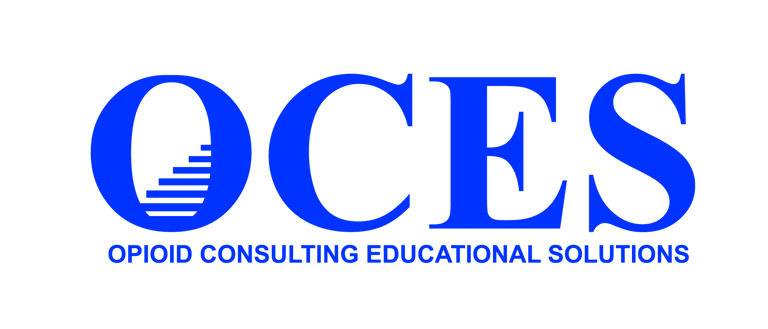The "Other" Opioid Epidemic
Drug Diversion by Healthcare Professionals
The opioid epidemic is the most severe public health problem facing our Nation today. It has devastated communities across the United States and beyond. The consequences are profound, with over half a million deaths since 1999 in the U.S. alone. While much attention has been focused on the opioid epidemic affecting communities through misuse and addiction, there exists a parallel and often less-discussed crisis within healthcare settings: the diversion of opioids by healthcare professionals.
This "other" epidemic involves the unlawful channeling of prescription medications from medical environments into illicit use, posing unique challenges to patient care, public health, and the integrity of healthcare systems. Healthcare professionals, due to their access to controlled substances, are uniquely positioned to divert drugs. This can range from direct theft to more sophisticated methods like falsifying records, manipulating automated dispensing systems, or overprescribing.
It is estimated that approximately 10-15% of all healthcare professionals might misuse drugs or alcohol during their careers, with about 10% specifically diverting opioids or other controlled substances at some point. The implications are profound and multifaceted, affecting various aspects of healthcare delivery, institutional integrity, and broader public health.
Patients might receive inadequate pain relief or other necessary medication, leading to increased suffering or complications in treatment. If injectable drugs are tampered with, there's an increased risk for patients to be exposed to infections like hepatitis or bacterial infections from contaminated needles or solutions
Incidents of drug diversion can severely damage the reputation of a medical institution, leading to a loss of patient trust, which might result in reduced patient volume and revenue. Negative publicity from such cases can tarnish the image of the institution, affecting staff morale and community perception.
There are financial implications. Replacement of diverted drugs represents direct financial loss. Additionally, there are costs associated with investigations, legal fees, and implementing enhanced security measures. Institutions often face fines from regulatory bodies like the DEA for failing to prevent diversion or for inadequate record-keeping.
Medical institutions may be subject to lawsuits from affected patients, particularly if diversion leads to harm or malpractice. There could also be criminal investigations if the institution is found negligent in oversight. Increased scrutiny from state boards, the DEA, or other regulatory bodies might lead to more stringent regulations or loss of accreditation.
But there is good news. OCES has the tools and know-how to address this shadow epidemic while ensuring that healthcare remains a sanctuary for healing rather than a source of harm.
OCES consultants are on a mission to help institutions and practitioners to identify and address drug diversion in healthcare
